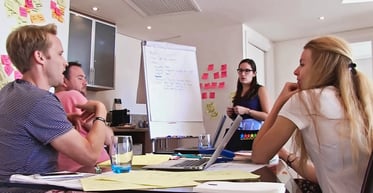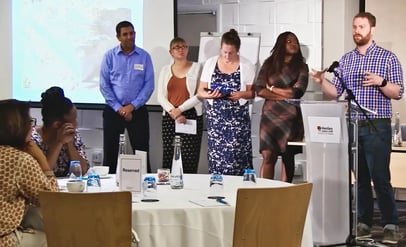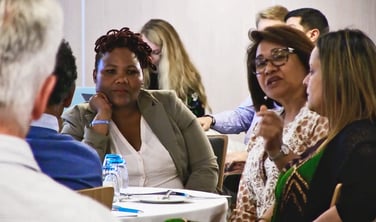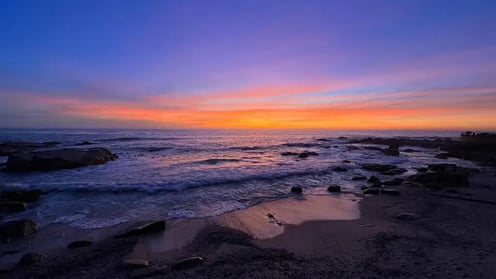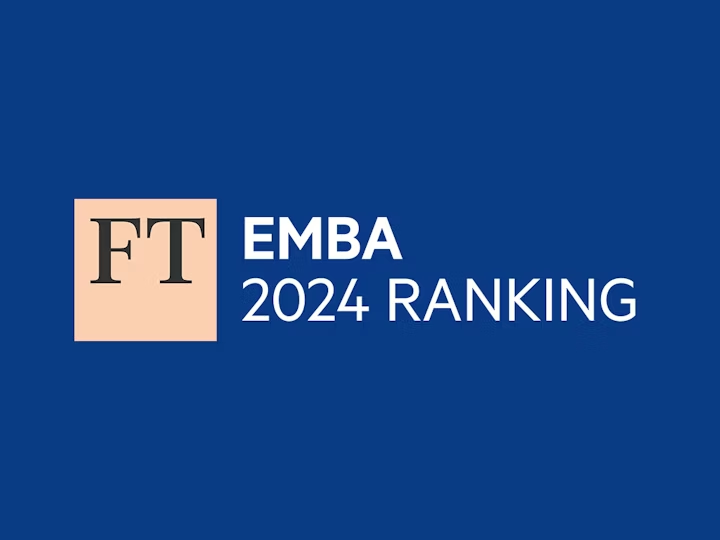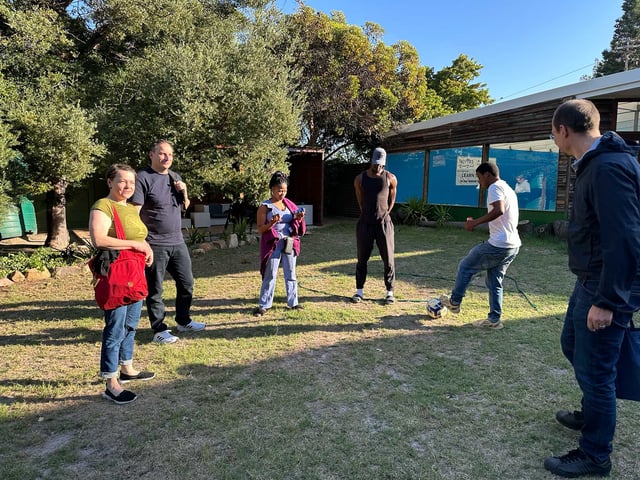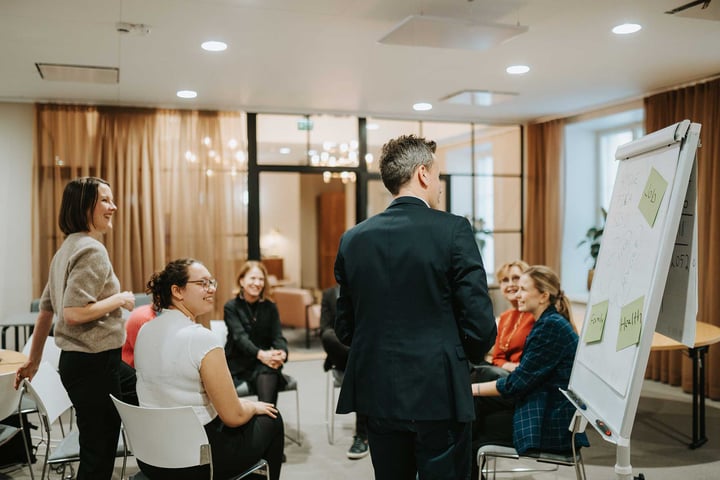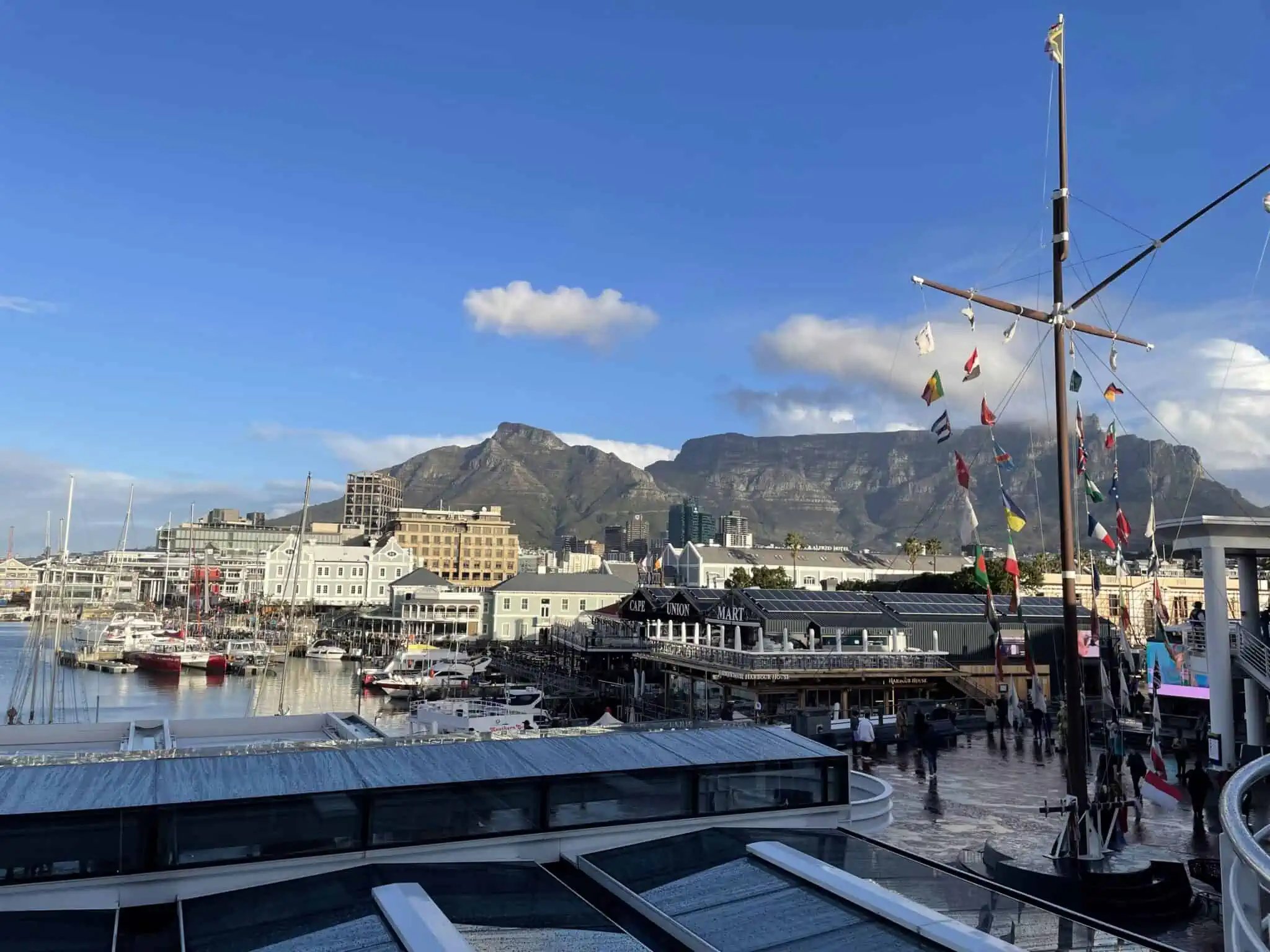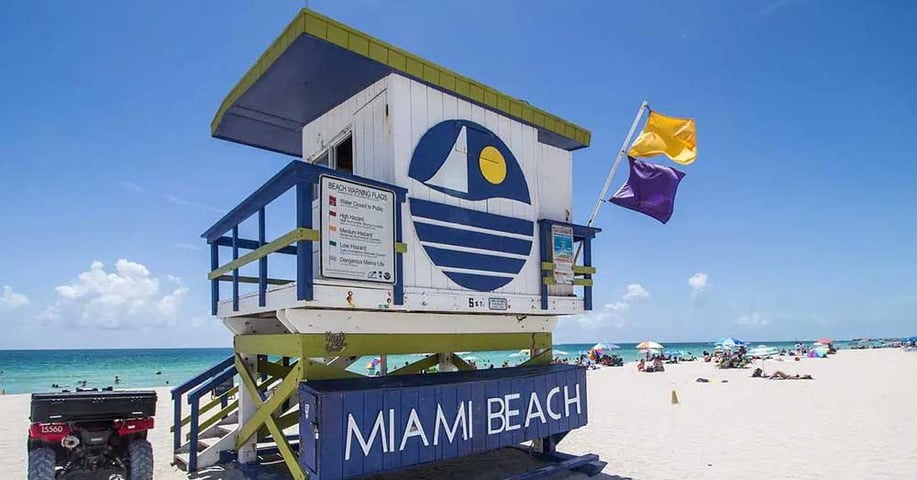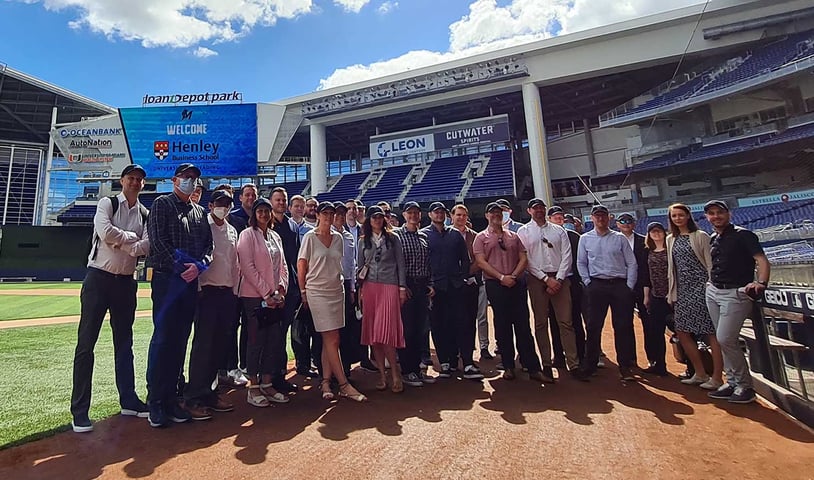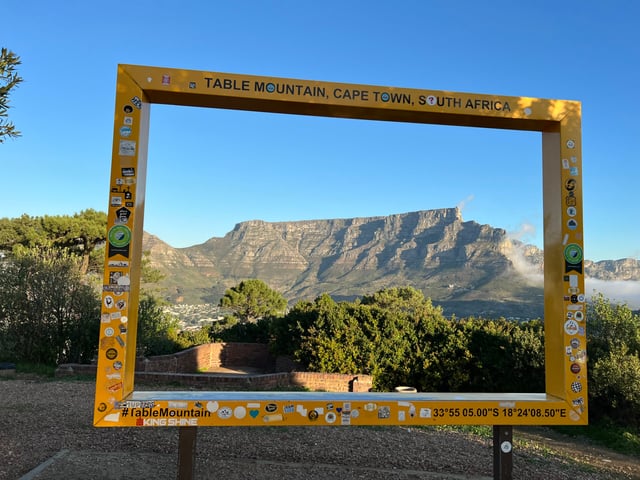Henley Finland’s EMBA Global Immersion Study Visit: South Africa
Henrik Paasikivi, a Henley alumni, talks about his experience during the South African Global Immersion Study Visit. He dwells into the assignment given to their team, collaborating with the NGO, and everything he learned throughout this experience.
This July, I joined the global immersion study visit to Cape Town, South Africa, as part of the Reputation and Responsibility module for the Henley Executive MBA programme. South Africa was an intriguing destination, giving me a new perspective. And every aspect of the entire week was very well arranged by the Henley team.
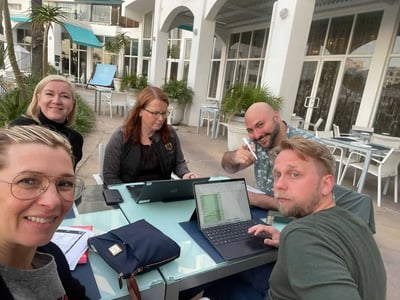 Our group of five from Finland joined a larger group of Henley students from the UK and Denmark to provide management consulting for local non-governmental organisations (NGOs) in the Cape Town area. Each group worked intensively throughout the week to propose recommendations for the challenges faced by its own NGO.
Our group of five from Finland joined a larger group of Henley students from the UK and Denmark to provide management consulting for local non-governmental organisations (NGOs) in the Cape Town area. Each group worked intensively throughout the week to propose recommendations for the challenges faced by its own NGO.
Our NGO was the Rotary Club of Newlands. It was fascinating to get to know the specific club in more detail. This organisation does charitable work in multiple fields in its local region. As part of our task, we also had to familiarise ourselves with the international Rotary Club for the full context.The Rotary chapter has been facing membership challenges. So, our task was to provide them with a plan of how they could retain current members, gain new ones and increase the diversity of their club. One challenge was how to get younger generations involved with the club’s activities. An expanded membership with increased diversity would allow the club to overcome some of the other issues they face.
Before leaving Finland, our group worked together on our assignment, attending a pre-assignment workshop to review the consulting work requirements and discuss the practicalities of our particular case. We also received tutoring that gave us the academic groundwork for our assignment, so that we were ready to go once we arrived in Cape Town.
We recognised that our own scope of understanding of the local culture and our NGO’s particular challenges was limited. Still, based on interviews and our research, it was clear some potential younger persons didn’t know much about this Rotary Club or were not completely clear on what the club was doing for the community.
So, the club was facing a communication challenge – how could it let people know what it was doing? It wasn’t that they were not being transparent. The club simply lacked a clear value proposition and needed to improve external communication. This is something they must formulate to grow their membership – and diversify their member base.
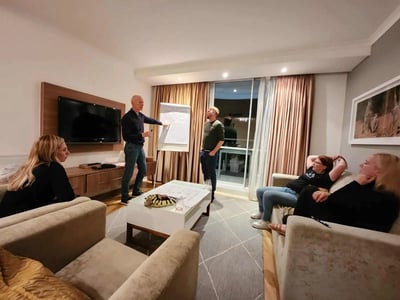
In my career, I am a consultant listening to client requirements and making automation recommendations. So, I found it very enriching to be part of a team solving problems together to provide value-adding management consulting to our NGO. We worked closely for hours in a hotel room to prepare our proposal and went to many in-person interviews. We also had several Henley sessions to help us better understand our host culture. In the end, I feel we came up with a really strong plan for the Rotary Club of Newlands.
On Friday, the Henley students presented their proposals. These presentations were attended by key personnel from the respective NGOs, other cohorts, Henley’s tutors and a South African panel of experts to comment on the results.
Our proposal focused on practical actions the Rotary Club of Newlands could implement immediately and more strategic recommendations for the longer term. Recommending change is always hard, especially when those recommendations come from the outside. Our NGO clients live in the country and know their reality. We needed to balance being careful and understanding with being honest and frank. Our findings showed that the value proposition needed clarity, and the club should work on diversity and communication to be more attractive to new members.
I believe the Rotary Club of Newlands liked our proposal.
For me, the entire experience was very enjoyable. I would recommend it to anyone. The immersion study gives you a chance to see the challenges these NGOs face in a different country and how they are working to build a better future, which is especially visible in NGO work. Coming from different countries, the cross-cultural experience significantly expands your understanding.
I learned a lot from my colleagues. Some are more action oriented, while I am more of a thinker. Working together gave us a deep appreciation of each other. Being part of a team of executives in various leadership positions work together successfully was an especially positive experience for me. Finding common ground as the way to success was a key takeaway for me.
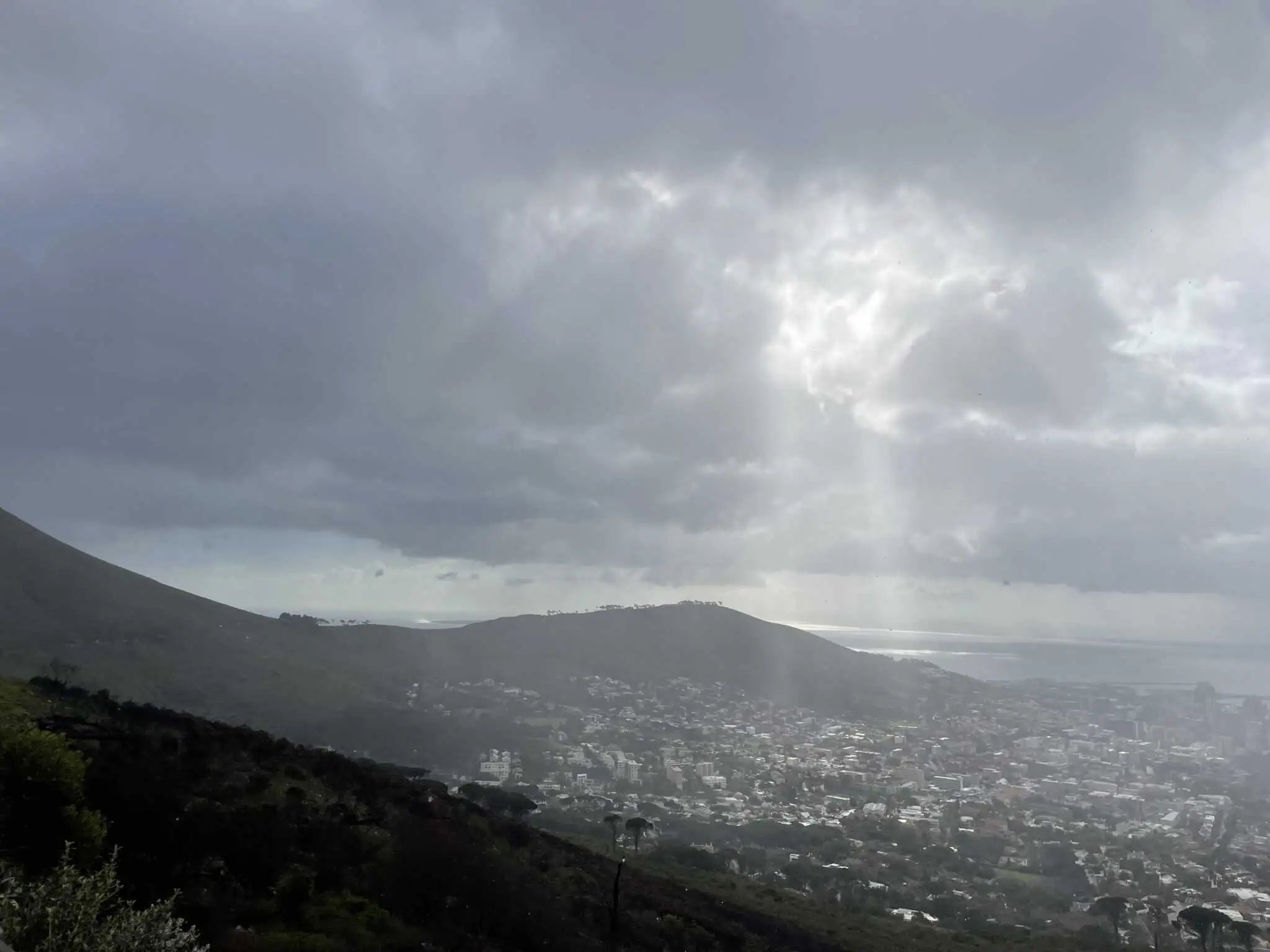
I also enjoyed the content. I am a board member in our family-owned foundation, where responsibility is a key issue. I liked the practical, strategic management consultant approach of this immersion study. The module provided a complete educational package on reputation and responsibility.
The hard work part of Henley’s immersive study programme was well balanced by occasions to relax. We started with a wine tasting kick-off at a local winery. Following a final reflection session with discussions, we ended with a get-together dinner for all the NGO key personnel and our fellow MBA students. We also had some time to enjoy beautiful Cape Town during the weekends.
Henrik Paasikivi - EMBA Alumni
Making a meaningful difference – and continuing connections – with South African NGOs
Professor Kevin Money tells how the South Africa Global Immersion Study Visit was a response to his own China study trip. Although it was a good experience, study trips then felt more like educational tourism. He didn’t really feel embedded in the country. So, he set out to create something different.
“I wanted to create a real experience to address issues that were really valuable and meaningful to the organisations that we were working with in South Africa,” says Professor Kevin Money, Director, John Madejski Centre for Reputation (JMCR). “I think the emotional learning of this South Africa programme is very different. It’s a way of getting genuine experience of a different culture.”
Money believes organisations can be viewed through the lens of the relationships they build. If you think about the last time you made a good friend or a real connection, it often happened by engaging the person in something that is deeply meaningful. And the immersion trip to South Africa is built on such experiences.
Vibrant NGO sector
The South Africa programme started with the idea of working with not-for-profit organisations with the current Dean of Henley Africa, Jon Foster-Pedley, a key advocate for this. Originally from South Africa, Money says the country has one of the most vibrant non-profit sectors and more non-profit organisations per capita than anywhere else in the world. This is because during the Apartheid years, governments around the world did not want to invest in South Africa through its government. So, a vibrant sector emerged, often funded by direct foreign investments. Today, this sector is extremely capable of dealing with really important issues. In South Africa, non-profit organisations are therefore commonly referred to as Non-Governmental Organisations (NGOs) because of their take on responsibilities mostly expected of government, such as education, social work and social care.
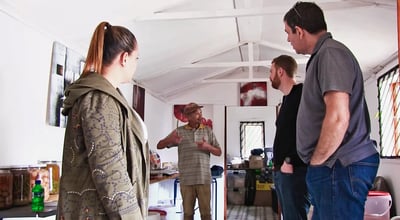
“NGOs throughout the world are under pressure to spend as much money as possible on their end user,” Money says. “If the organisation is about educating young people, you want every last cent of funding to go to education.”
This means NGOs often do not spend as much on leadership development, building relationships and other management skill development as for-profit organisations. Money and his team saw this as a win-win opportunity.
“South African NGOs are world leaders at what they do. Henley Business School is a world leader at what we do. And we can help South African NGOs think through how to build better stakeholder relationships and reputation, so they can build the support they need to continue to be experts in what they do,” Money stresses. “In doing so, we can build relationships by building something meaningful.”
In his opinion, Henley’s programme in South Africa allows you to do what you can’t as a tourist. You get access to real communities, work on real projects and connect to real people.
The real “R” – relationships
“Henley’s global immersion study visit to Cape Town is part of the Reputation and Responsibility module for the Henley Executive MBA programme. The real ‘R’ in there is about relationships. One of the key things that is different is that the module’s study trip idea is to present EMBA students with a genuine issue – a real management consultancy problem – that they can immerse themselves in,” says Money.
The module is built to give a 360° bird’s eye view of how NGOs are perceived by stakeholders. Students get permission to interview different stakeholders. It takes courage for NGOs to allow students to meet with their most important stakeholders. Henley then collects the feedback and does the strategic thinking to present how the NGOs can build better relationships and get more support from stakeholders in the future. NGOs benefit because Henley bring highly skilled and experienced students who provide independent and sound insights based upon a rigorous academic approach.
Internationally structured
Although this is a study trip, the John Madejski Impact Partnership ensures that the relationships can continue as a community of support after the immersion visit – both online and through Henley’s new campus in Cape Town. The John Madejski Research Centre is the first research centre in the world focusing on stakeholder relationships and reputation. This partnership invites both students and NGOs alike to continue for many years to create new infrastructure in a trusted relationship.
The main goal of the programme has been to create a trusted environment and connections between different people from different parts of the world around important issues.
Unlike other business schools, Henley is structurally international. The school has a campus in Cape Town, in addition to campuses in Helsinki, Copenhagen and the UK. These campuses are connected through immersion visits, and the relationships are developed and then continued through the Impact Partnership.
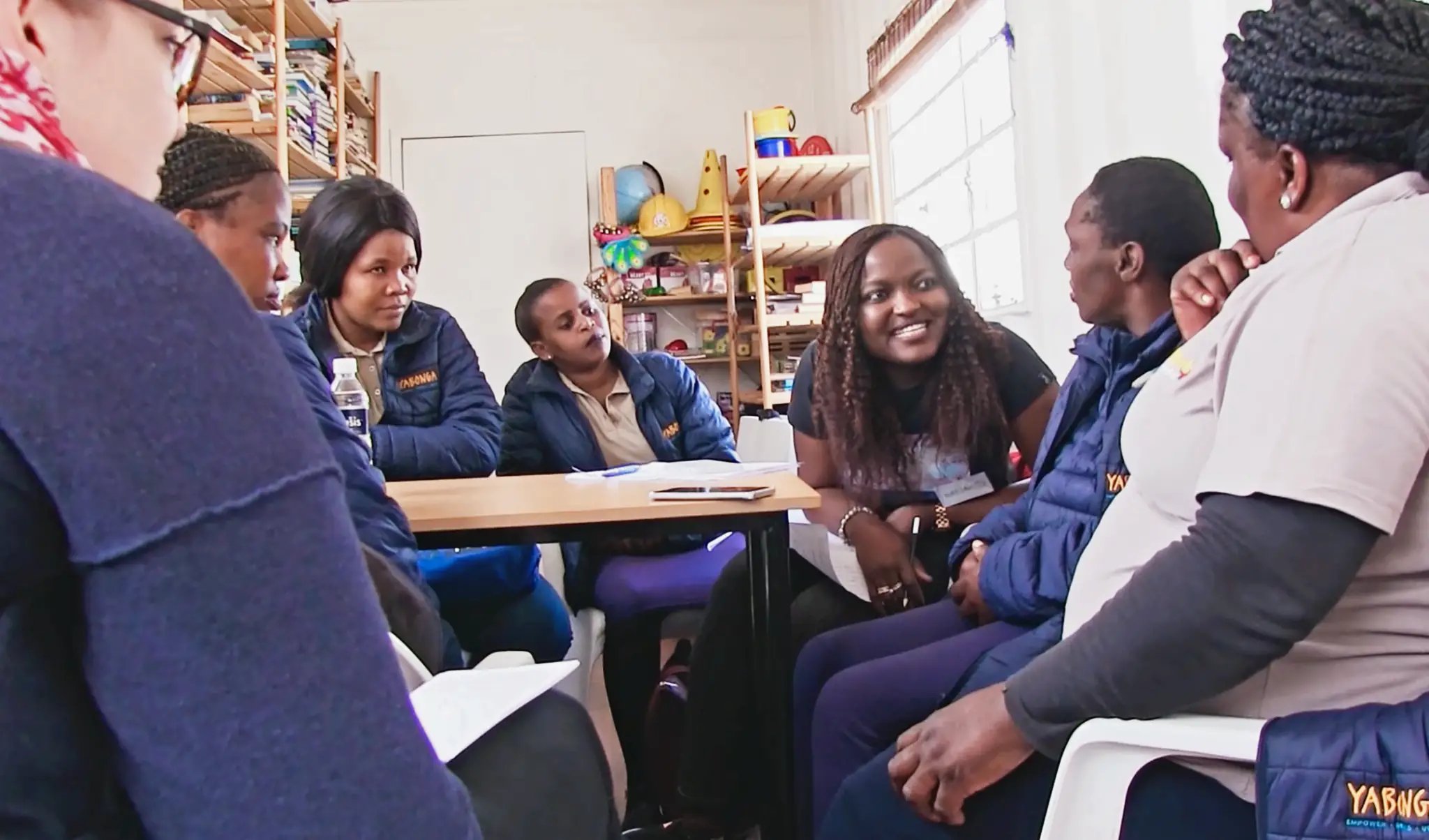
Extending the Henley and NGO relationships
Since the study visits started, Henley EMBAs have worked with approximately 120 charity organisations.
Every year, there’s a call out to invite NGOs to engage with Henley. Many of the NGOs have a long-standing relationship with Henley and have worked with students several times.
“One example is the Rotary Club of Newlands. This organisation does charitable work in multiple fields in its local region. The Rotary chapter had been wanting to build its membership and maintain its relevance to its community,” says Money. “The project with Henley in the summer of 2023 went so well that Rotary came back to us to do a project for Rotary Southern Africa, which extends to all of South Africa, Angola and Namibia.”
The upcoming project will be looking at how the Rotary district can add value to the ever-changing populations and communities it serves. These are issues that are vital for Rotary across the world. So, the project has gone from a very local project to a regional one – and the insights will be going global, as well.
“This is a fantastic testament to the quality of the students we bring here!” Money says. 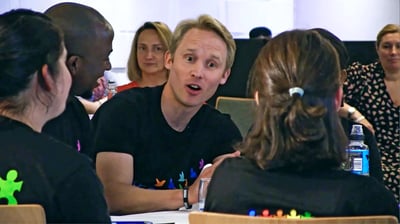
Another team worked on a project for the Amy Foundation, which provides aftercare for school children in disadvantaged communities. The team looked at how to show the impact that Amy makes on learners. The project helped the Amy Foundation to make tangible some of the benefits they provide for learners, such as safety, self-confidence and job-related skills. It also built on numerous years of Henley engagement with the Amy Foundation, where previous groups have sought to help the foundation build stronger relationships with schools and employers of their service users. In doing so, the Henley teams have tackled diverse and complex issues and provided practical advice over a period of time.
Partnership of equals
“It is important to build our legitimacy – why Henley? Sometimes, people from the outside ask what value Henley could add to the NGO sector – the experts in what they do. What could Henley add in such circumstances? The answer is that we at Henley are also experts in what we do. We are a business school with a complementary skill set to the NGOs. We are looking for a partnership of equals – we massively respect the work the NGOs do,” Money emphasizes. “We add value by helping them to better demonstrate their responsibility and impact to others, and in doing so, build better reputations and stronger stakeholder support.”
The value of the Henley programme becomes clearer when you speak to NGOs who have been part of the programme.
Ulpha Robertson of Yabonga says, “We really appreciated the opportunity to work with Henley. NGOs really don’t speak clearly about the work we do. We don’t have a bird’s eye view of everything we do. So, independent people, especially academics, can put a lot of that into perspective.”
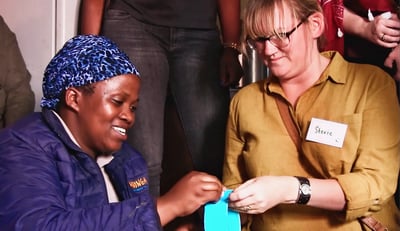
Tarisai Mchuchu-MacMillan, Executive Director of MOSAIC Training Services and Healing Centre for Women, agrees. “We got access to state-of-the-art minds. They’ve been able to do amazing things in four days. They were able to show us what we can do with what we currently have. We can then put ourselves in the place where we can give more.”
Delen Roberts from Sisters Incorporated underlines this, “They really made us feel like we are making a difference.”
Henley helps NGOs make better impacts
If you want to tackle global issues, you need to be able to get input from all over the world. Henley has been able to build lasting relationships through this programme. This is uniquely Henley – to be genuinely on the ground building those connections.
“Another thing I am immensely proud of is the contribution Henley’s work makes. We help NGOs make an impact by providing better insight, leadership and stakeholder engagement,” Money says. “And by leveraging our network and fostering ongoing relationships, the ongoing impacts are multiplied over time.”
MBA Candidate Anne Benischek says, “The ethical side of business and being responsible for what you do in business is a huge element of why I wanted to do this trip to South Africa. Working with NGOs where you touch people’s lives and really make a difference is a huge privilege.”
MBA Candidate Lior Arbel sums up: “I must say this is probably the most amazing, most educating, most relevant experience I’ve had in the MBA.”
Kevin Money - Professor at Henley Business School